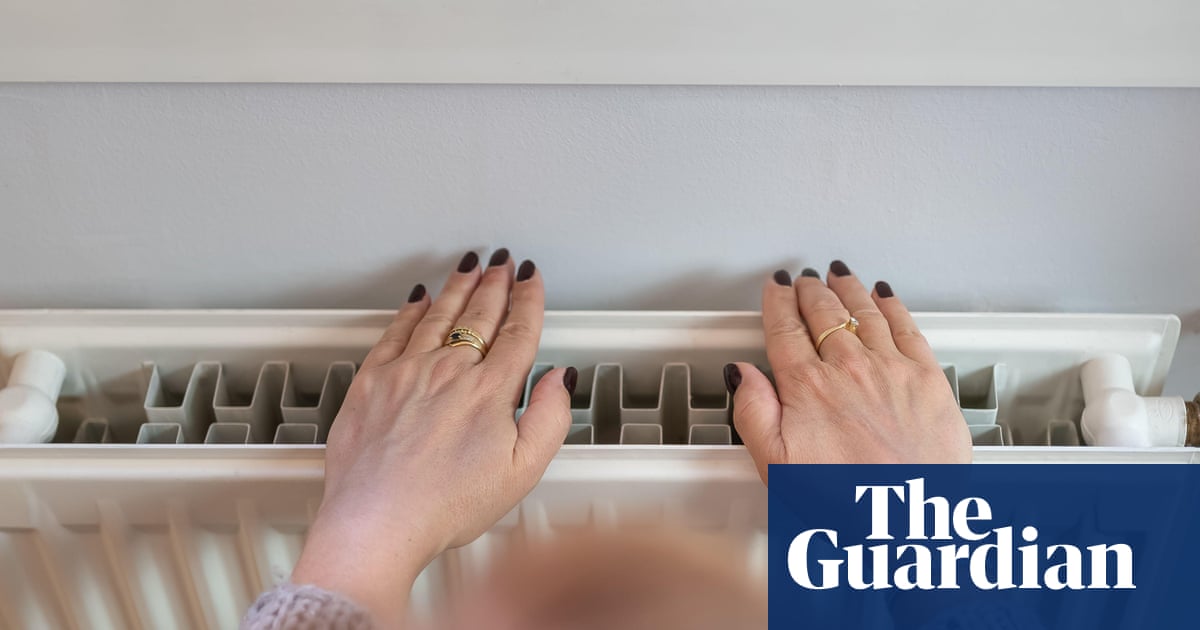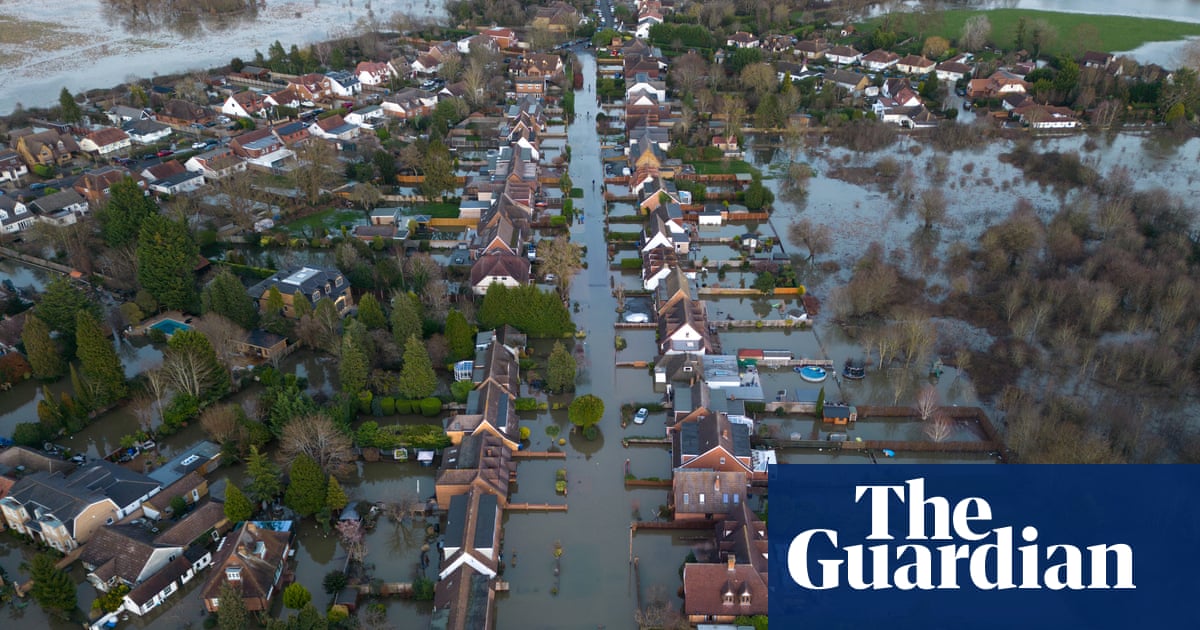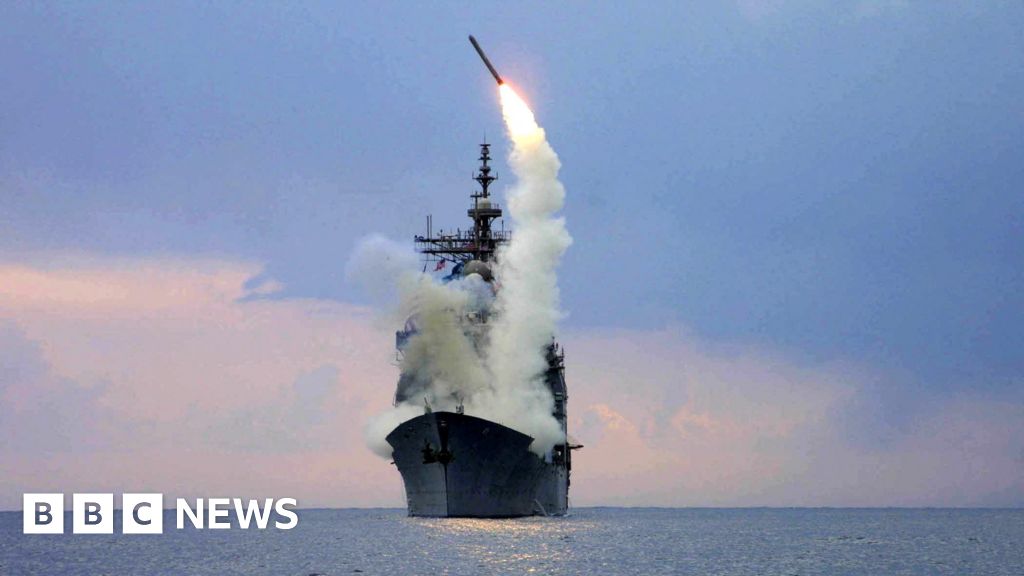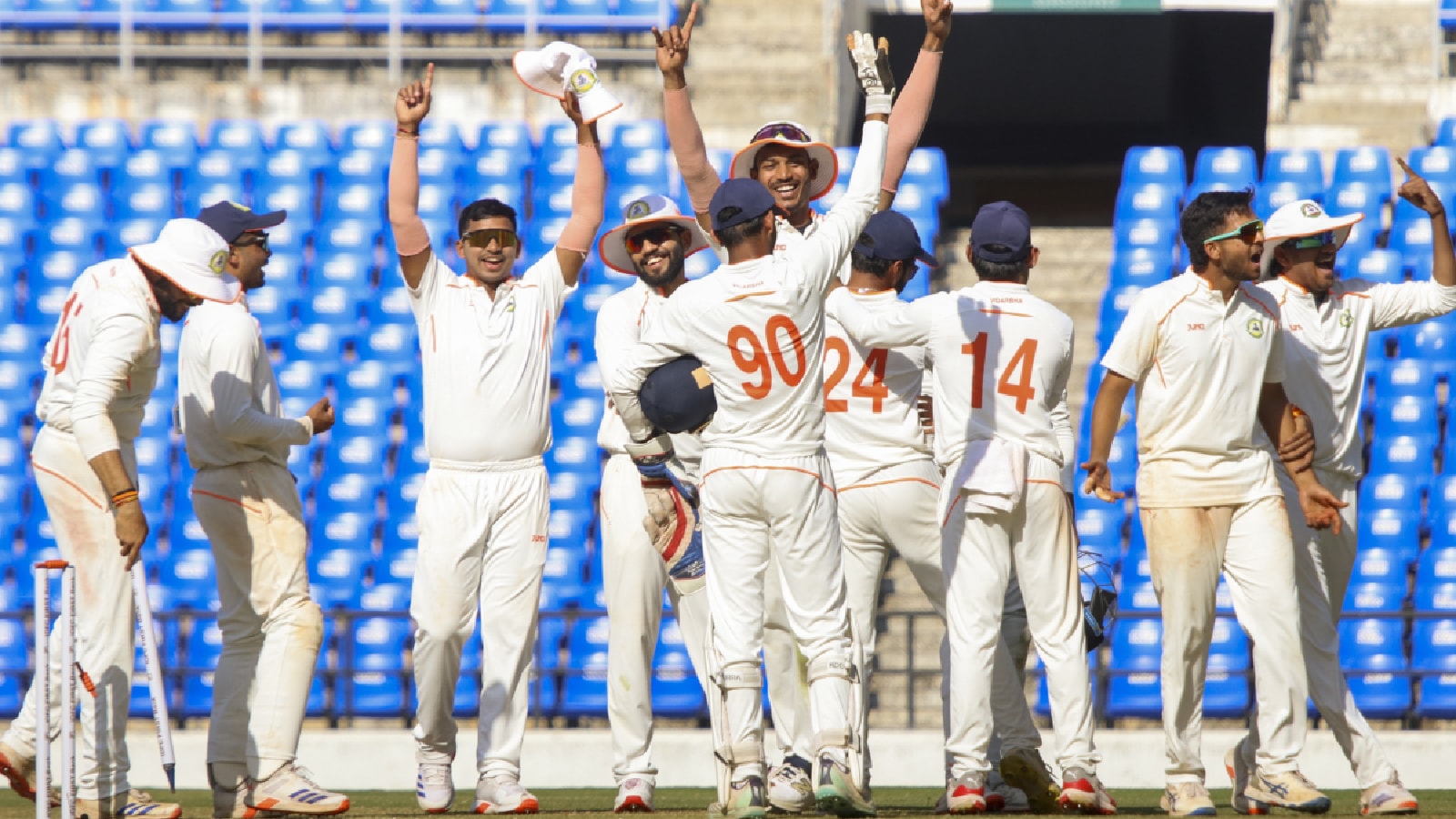Donald Trump has vowed to use the power of his presidency to ensure that Israel recognises it has achieved “all that it can by force of arms”, and begin an age of cooperation in the Middle East that may ultimately extend as far as peace with Iran.
In a speech to the Israeli Knesset, made hours after the last remaining Israeli hostages were released from Gaza, Trump hailed the “historic dawn of a new Middle East” and an end to the “long and painful nightmare” of the Gaza war.
“This is not only the end of war – this is the end of an age of terror and death,” the US president said. “Israel, with our help, has won all that it can by force of arms. Now it’s time to translate those victories against terrorists on the battlefield into the ultimate prize of peace and prosperity for the entire Middle East.”
Repeatedly insisting that Israel’s military victory was complete, Trump’s remarks were intended as a reassurance to Arab states that he would neither allow Israel to reopen the conflict with Hamas nor permit Hamas to re-establish itself inside Gaza.
Trump then flew to Egypt to take the message of optimism to a summit of more than 20 world leaders dedicated to endorsing his peace plan, the rebuilding of Gaza and a limited form of Palestinian self-rule. The guarantors of the peace agreement – the US, Turkey, Qatar and Egypt – also signed a comprehensive document setting out their responsibilities in ensuring peace, and an eventual path to Palestinian self-rule.
The summit was jointly hosted by Trump and the Egyptian president, Abdel Fatah al-Sisi, in the Red Sea resort of Sharm el-Sheikh. At the opening of the summit, Trump told reporters that phase two of his Gaza plan, concerning the reconstruction of the strip, was already under way. He told reporters: “Phase two has already started. The phases are all a little bit mixed in with each other. You can start cleaning up. You look at Gaza, it’s a lot of clean-up.”
The US is already asking wealthy Arab states to commit large sums to Gaza, a place he described as “debris times 10”. Estimates for the reconstruction costs have reached more than $30bn.
A confident Trump predicted: “Gaza will be demobilised, Hamas will be disarmed, and Israel’s security will no longer be threatened.”
The US president also sent out a thinly coded message that Israel had been losing public support due to its reliance on force. He said: “There was getting to be a period of time over the last few months when the world wanted peace and Israel wanted peace. If you had gone on for another three or four more years, keeping fighting, fighting, fighting, it was getting bad, it was getting heated. So the timing of this is brilliant. I said: ‘Bibi [referring to the Israeli prime minister, Benjamin Netanyahu], you will be remembered for this far more than if you kept the thing going, going – kill, kill, kill.’”
Trump also indicated he was going to put pressure on Arab states to sign the Abraham accords “quickly and without games”. The accords require Arab states to recognise Israel. Iran, he insisted, was also ready for peace.
European diplomats are privately warning that the speed of the ceasefire means plans for an international stabilisation force and a Palestinian civil police force need to be accelerated if proposals for Hamas to be disarmed are to bear fruit. Hamas, which has governed Gaza alone since 2007, has said it is willing not to be part of the new technocratic government of Gaza, but has insisted it will only disarm on certain conditions to a Palestinian-led force.
Israel has said it will not withdraw the Israel Defense Forces further from its current positions inside Gaza so long as Gaza’s network of tunnels and guns remain under the control of Hamas.
France, the US and the UK have said they are willing to act as backstops to the international force, but it is recognised that the force’s credibility stems from troops coming from Muslim countries such as Indonesia and Turkey, two countries that attended the summit. France is also pressing for the force to be given a UN mandate, similar to that of the UN force in Lebanon.
A separate Palestinian National Authority civilian police force has also been trained, mainly in Egypt and Jordan, to enter Gaza, but French diplomatic sources said that, unless it is deployed rapidly, it risks finding itself in conflict with a resurgent Hamas. Neither Hamas nor Netanyahu attended the summit.
after newsletter promotion
Trump insisted he would play his part in the future of Palestine by chairing the board of peace that will supervise the vast reconstruction programme and oversee a largely Palestinian technocratic government. He added that he wanted Sisi to sit on the board, but said he was testing opinion in the region to see if there was support for Sir Tony Blair to be on it as well.
Trump, for the first time in eight years, met with the Palestinian National Authority president, Mahmoud Abbas, shaking his hand and giving a thumbs up sign. Only a fortnight ago, Trump had banned Abbas from New York and the UN general assembly.
The French president, Emmanuel Macron, one of the politicians most involved in keeping the two-state solution alive, said on arriving in Egypt that Abbas’s attendance “was a very good signal … It’s a recognition of the role the Palestinian Authority has to play as a legitimate entity”.
“On the questions of governance, we will have a particular role to be by the side of the Palestinian Authority and to ensure it plays its part, and also that it conducts reforms for the day after.” The authority has promised to hold presidential and parliamentary elections within a year.
Macron also called for the position of the West Bank, which is the subject of accelerated settlements by Israel, not to be forgotten and for continuing efforts to create a formal Palestinian state alongside Israel.
We must “make the connection between Gaza and the West Bank” and “ensure that there is a path to two states, the only political perspective that truly allows for lasting peace,” he said. On the security front, Macron indicated that the Europeans would “step up” the training of Palestinian police officers in Gaza, but that France would not participate directly in the stabilisation force that is to be put in place.
There is a “consensus” to have “especially regional forces and perhaps contributions from certain countries like Indonesia,” he said. These countries, however, are asking that this be done within an “international framework” – that is, at the UN. France will also co-organise a conference on humanitarian aid to Gaza with Egypt, which it will host “in the coming weeks,” Macron also specified.
.png)
 10 hours ago
9
10 hours ago
9








 English (US) ·
English (US) ·